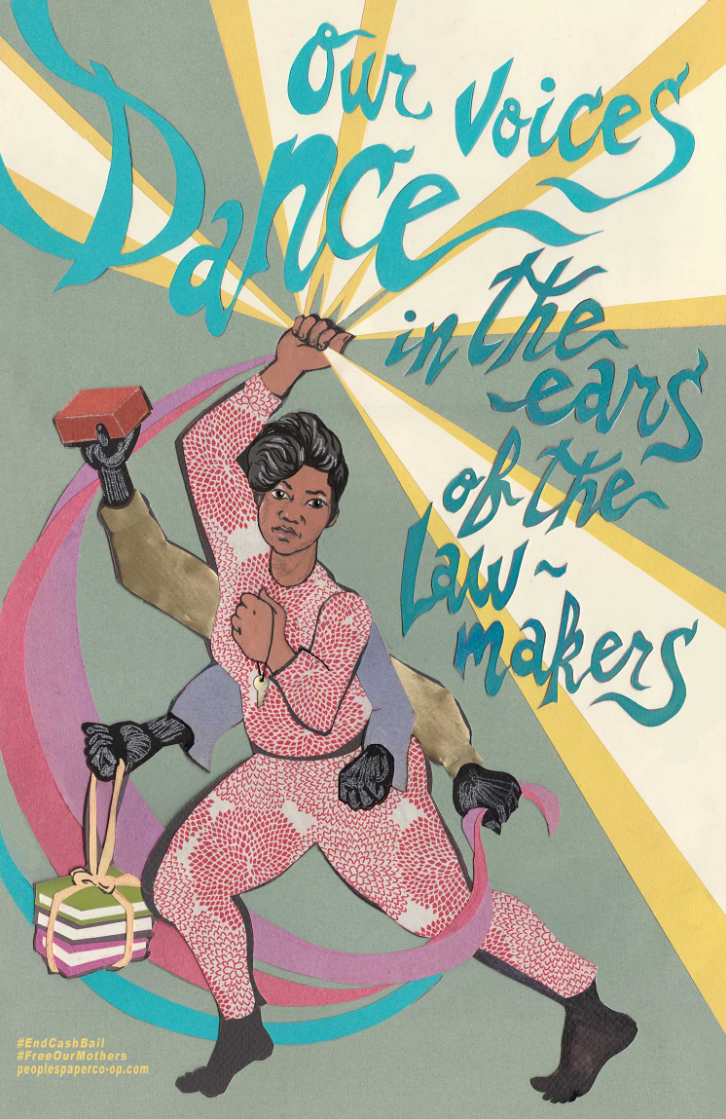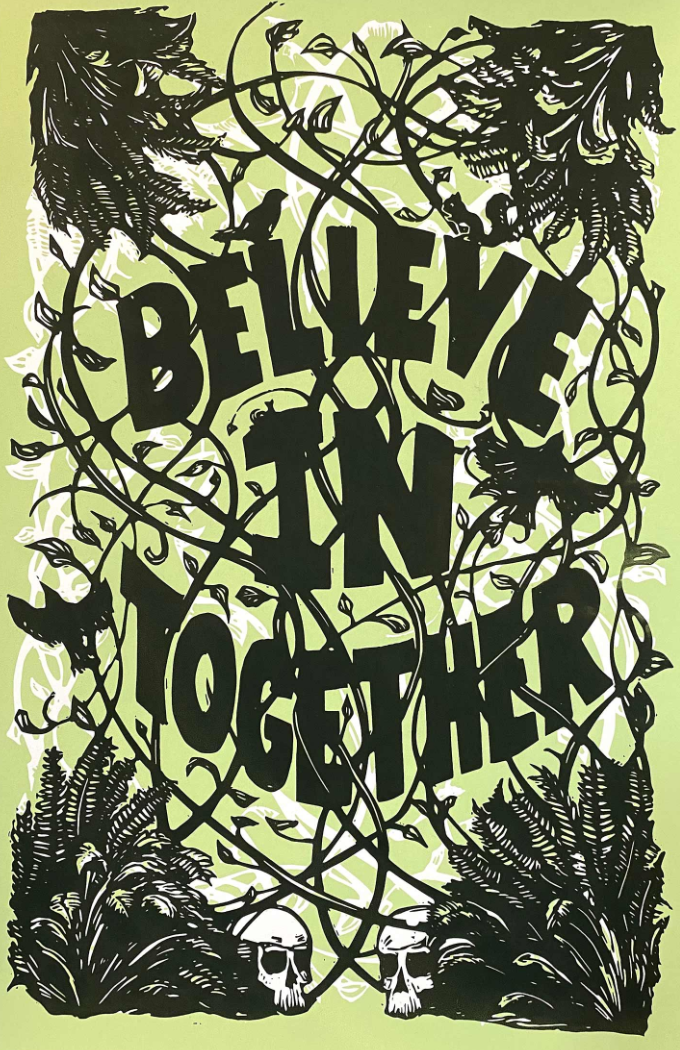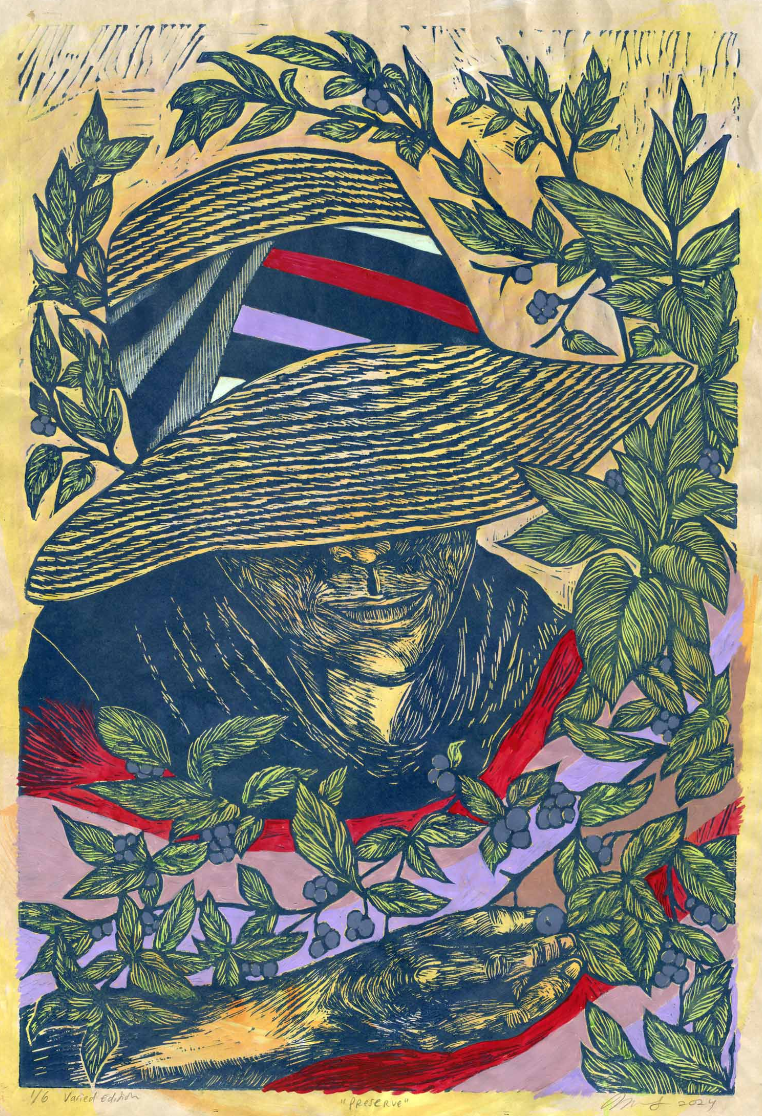San Francisco elected Daniel Lurie mayor. On January 3, 2025, he will assume office and inherit a homelessness crisis that has long bedeviled previous administrations.
The City’s approach to homelessness was a key issue of Lurie’s campaign—as well as those of his opponents. Since the Supreme Court’s ruling on Grants Pass v. Johnson, incumbent Mayor London Breed called for a “get tough” approach—or get even tougher,








